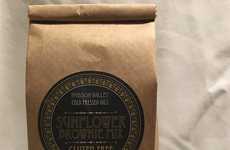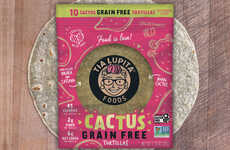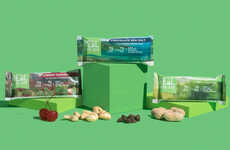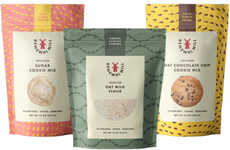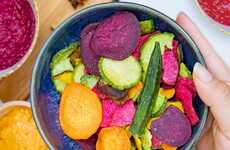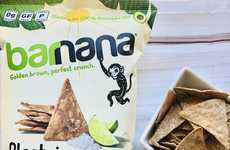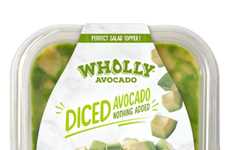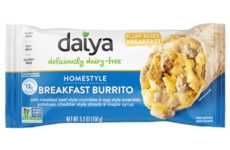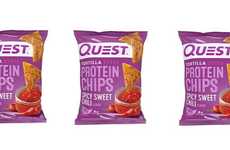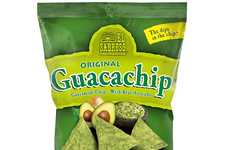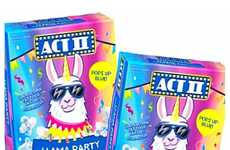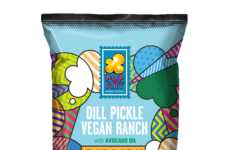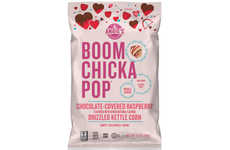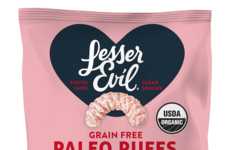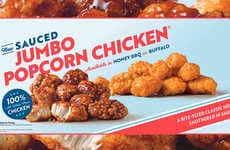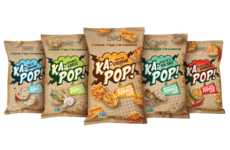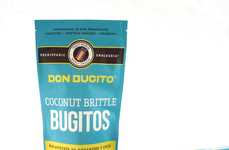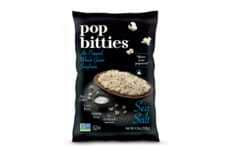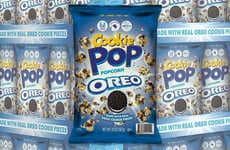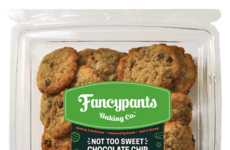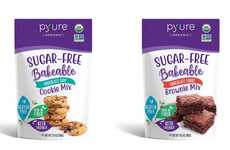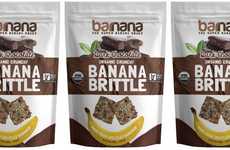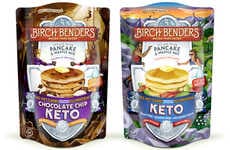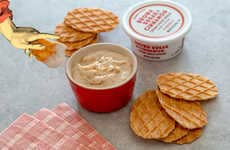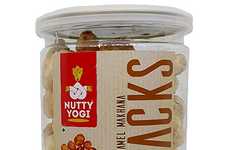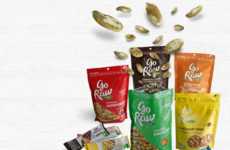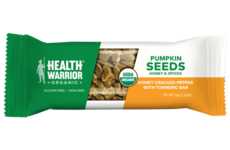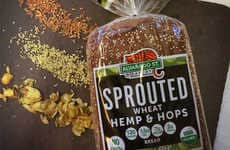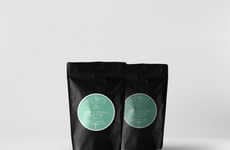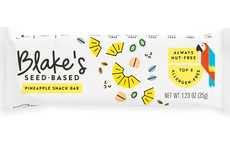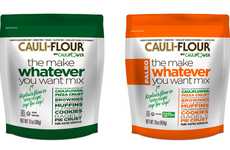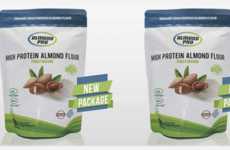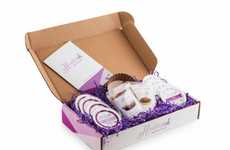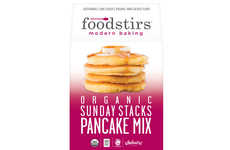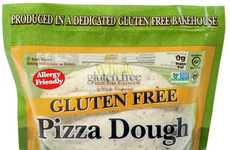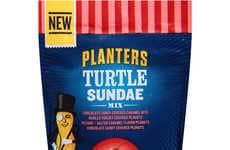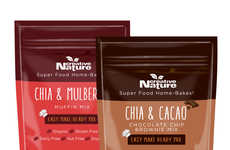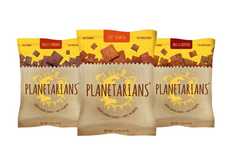
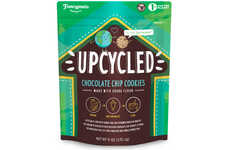
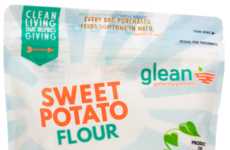
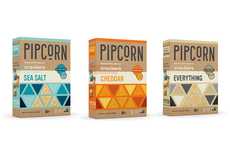
Flour-based products are made with upcycled ingredients
Trend - Upcycled ingredients that are turned into bread mixes or bread-based foods are on the rise as small emerging brands aim to differentiate their products from the traditional ones on the market. These products come in a variety of forms—from buns to crackers.
Insight - Consumers are increasingly conscious of how their consumption habits impact the environment. Between issues like climate change and global food waste, they feel a responsibility to change their personal habits, but find it difficult with a lack of viable alternatives on the market. Brands that are able to meet the urge for conscious consumerism are able to bridge that gap, and do their part in mitigating their impact on the environment.
Insight - Consumers are increasingly conscious of how their consumption habits impact the environment. Between issues like climate change and global food waste, they feel a responsibility to change their personal habits, but find it difficult with a lack of viable alternatives on the market. Brands that are able to meet the urge for conscious consumerism are able to bridge that gap, and do their part in mitigating their impact on the environment.
Workshop Question - How is your company empowering its customers to be more eco-friendly?
Trend Themes
1. Upcycling Ingredients - Small emerging brands aim to differentiate their products from the traditional ones by using upcycling ingredients to cater to conscious consumers looking for environment-friendly products.
2. Food Waste Management - A variety of businesses is looking into the ways that they can minimize their own waste streams and creatively repurpose their own leftover ingredients or by-products.
3. Grain-free Flour - Companies are using upcycled, whole grain-free flours that are naturally gluten-free and rich in fiber to cater to ingredient-conscious consumers there by bringing disruptive innovation to the flour industry.
Industry Implications
1. Bakery Industry - Bakery manufacturers are introducing new products made from food waste, and repurposing goods from the food and beverage industry thereby utilizing food waste to its full potential.
2. Health Food Industry - There is a rise in 'better-for-you' snack brands that are producing high quality products with a lower carbon footprint, aiming to make environmentally sound choices while catering to consumers looking for healthier snack options.
3. Flour Industry - The Flour industry is highly impacted by the increase in use of upcycling ingredients or byproducts and by companies creating grain-free flours. There is an increase in use of unconventional flours for baking like vegetable flour, okara flour, etc.
